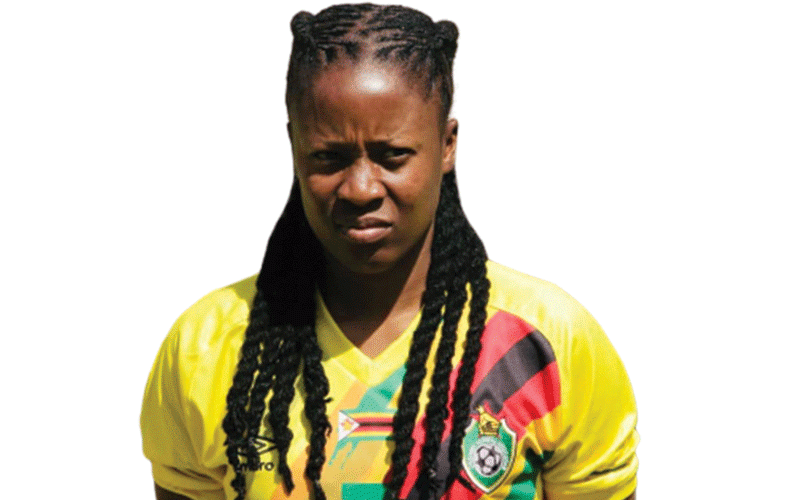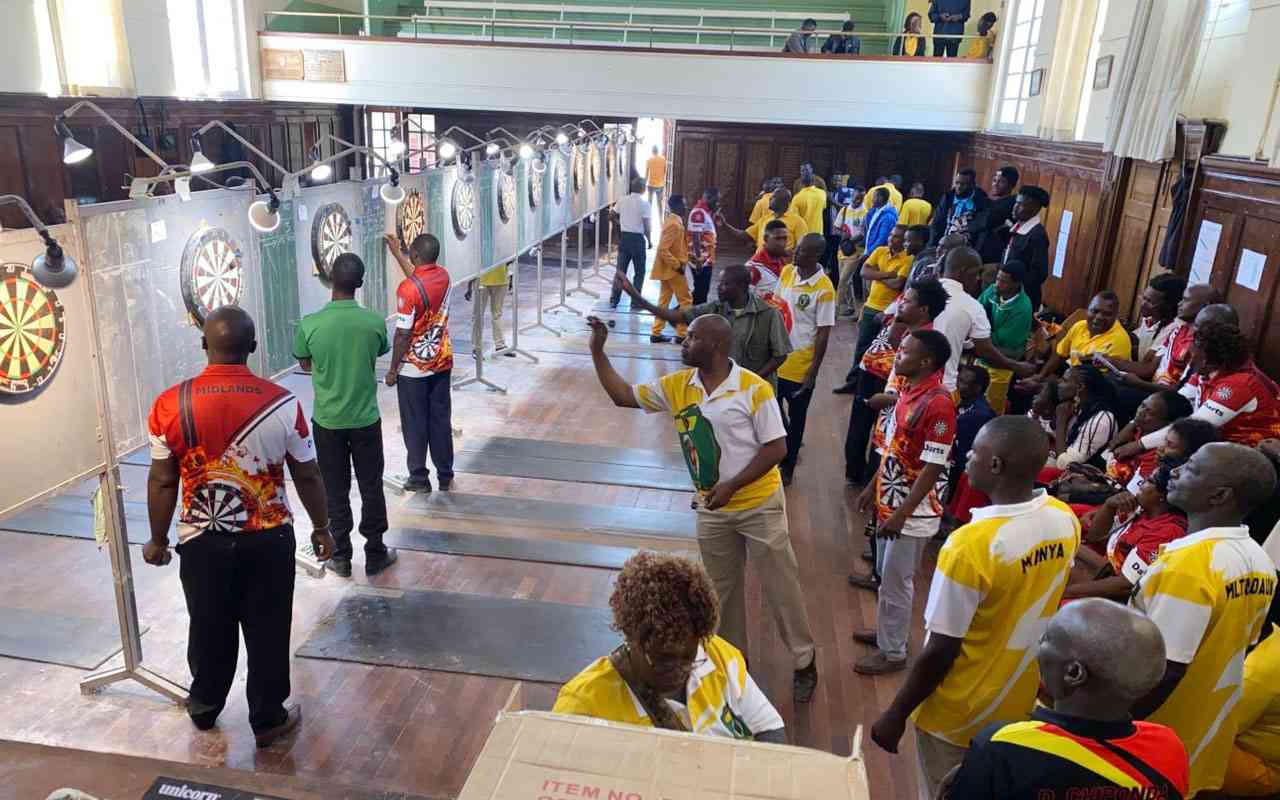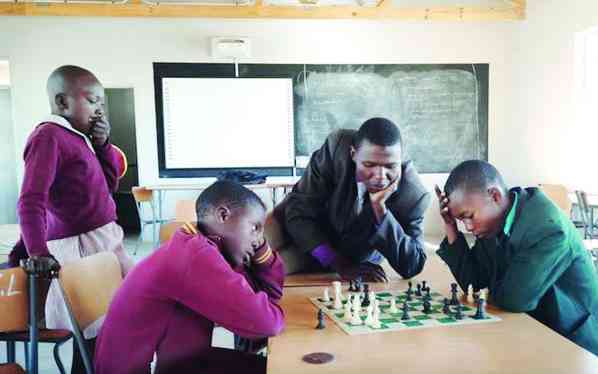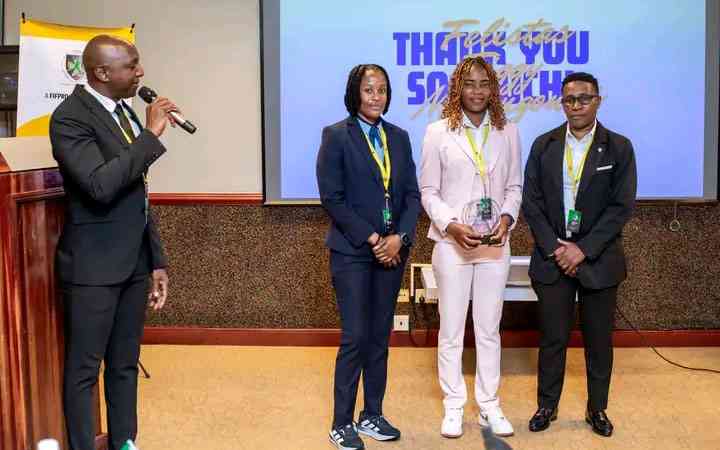
THE world football governing body Fifa announced that Zimbabwe’s suspension from the international football family had been lifted at the beginning of July this year
It was the end of 15 months of isolation for all Zimbabwe national teams and clubs from international competition.
At the moment, the women's national football team, the Mighty Warriors are in camp as they prepare for their return to international football they missed out on qualification to Africa Cup of Nations in February 2022, the same month Zimbabwe was suspended.
However, former captain Rudo Neshamba who is part of the Cosafa squad has spoken about the effects of the suspension on footballers and how she personally survived some of the challenges.
Neshamba is one of the footballers who met with Caf and Fifa to plead with them to lift the suspension for the sake of the players.
“The suspension took a huge toll on the players. We were just coming out of the Covid-19 pandemic, during which teams were already struggling to pay players because of financial constraints. Some sponsors had pulled out because they were also facing financial problems,” Neshamba wrote in her article on the Fifpro website last week.
“When the Covid-19 restrictions were relaxed, players had an opportunity to play for the national teams. When you are on national team duty, players get paid for that, so that really helps if they are not making a lot of money playing club football. Obviously, there are only a few national team players that benefit from such payments – but when Zimbabwe was suspended, other players also lost the opportunity to strive to play for the national team and earn some extra money.
“The suspension also prevented players from using the national team as a stage to showcase their abilities and possibly receive the opportunity to play overseas. Local matches in Zimbabwe are not televised, so players need the national team — yet the suspension took that opportunity away. The suspension was a financial set-back for a lot of us,” the 31 year old striker said.
- Cops Arrested For USD 10 Fraud
- Pay civil servants : Action Aid Zimbabwe
- Inside sport: Make domestic football better
- Wife attempts to murder husband’s lover
Keep Reading
Neshamba revealed that she had to employ her entrepreneurial skills to earn a living during the difficult period.
“I managed to overcome the financial problems by expanding on the entrepreneurship (projects) that I had already started. I made sure that I nurtured my small business selling women’s clothes and accessories and grew my clientele during that period.
“I had also completed some coaching qualifications and, earlier this year, I was given the opportunity to become involved in coaching when I was appointed to head the girl’s division of the Real Betis Academy.
“I had some opportunities that I could fall back on; however, the situation was quite bad for many players." Thirty or so male and female players from clubs met with Fifa and Caf. The meetings were quite emotional and there were mixed sentiments.
“The Fifa and Caf delegates showed a lot of sympathy and they assured us that they were going to bring back football to our country. They restored our hope and when I heard that Fifa had lifted the suspension, I was ecstatic,” she said.
Footballers Union of Zimbabwe (FUZ) played a huge role in pushing Fifa, the Sports and Recreation Commission (SRC) and Zifa to find a solution that would see the lifting of the suspension.
The union, together with Fifpro, organised a meeting at Fifpro’s head office in the Netherlands with a Fifa delegation, FUZ president Desmond Maringwa, national team players Marshall Munetsi and Nyasha Mushekwi.
These meetings led to Zimbabwe’s ban being lifted in July 2023 and Neshamba, as a member of FUZ also met with Fifa and Caf.
“It is important for players to be involved in such discussions. Decision-makers such as Fifa have to understand that some of the decisions they make on behalf of players without consulting them, can have negative effects for players," she said.
“Football has been good to me and has allowed me to captain my country at the Olympics. By engaging in these discussions, I wanted to ensure other players coming through have the same opportunities that I was able to enjoy.”










